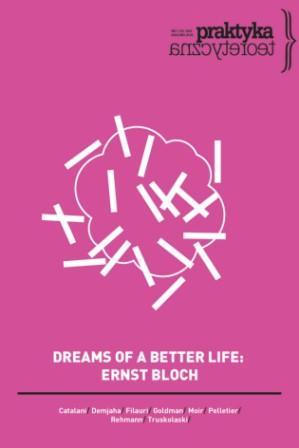Ernst Bloch as a Philosopher of Praxis
Ernst Bloch as a Philosopher of Praxis
Author(s): Jan RehmannSubject(s): Epistemology, 19th Century Philosophy, Contemporary Philosophy, Marxism, Ontology, Philosophy of History
Published by: Uniwersytet Adama Mickiewicza
Keywords: Anticipation; Hegemony; Hope; Ontology; Teleology;
Summary/Abstract: Contrary to the widespread portrayal of Bloch’s philosophy as “mystical,” “eschatological,” “idealistic” etc., the essay shows that it is best interpreted through the framework of a Marxist philosophy of praxis. Similarly, to Labriola and Gramsci, Bloch develops his concept of materialism from Marx’s Theses on Feuerbach. His concepts of the “highest good” and of an “alliance technique” take up young Marx’s perspective of a reconciliation between humans and nature; his theory of anticipation and hope is centered on the development of collective capacities to act; even his “ontology of the not yet,” which is often criticized for its teleology, is actually based on the concept of “open possibilities” and can thus be interpreted in terms of the “weak teleological force of open possibilities.” However, from a praxis-philosophical perspective, Bloch’s philosophy is also in need of a rethinking that overcomes its essentialist presumptions and pluralizes its teleology.
Journal: Praktyka teoretyczna
- Issue Year: 2020
- Issue No: 35
- Page Range: 75-94
- Page Count: 20
- Language: English

